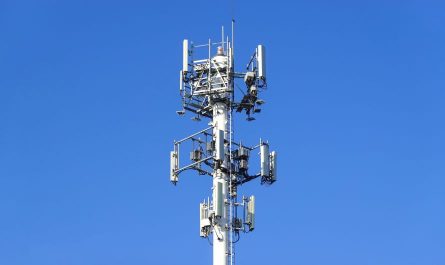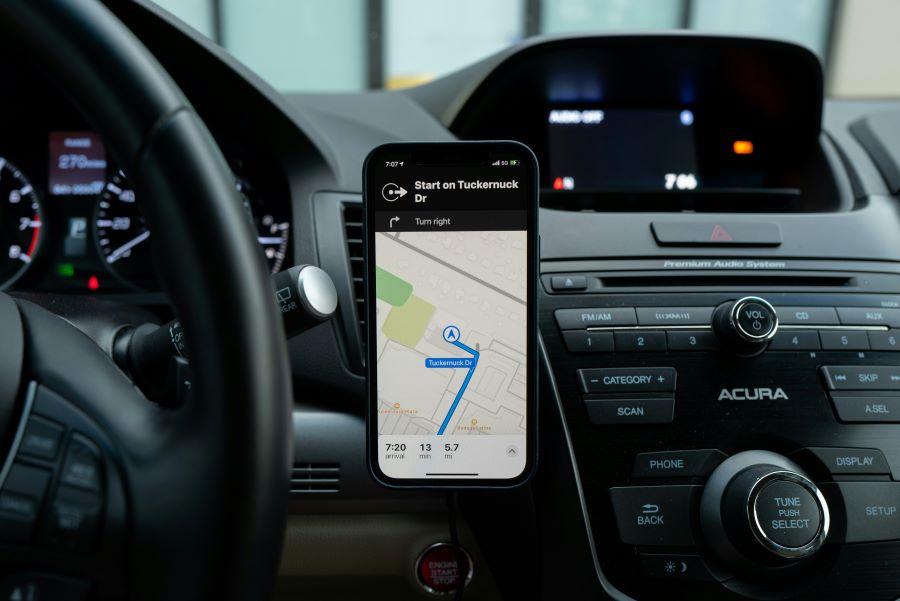Airtel has always looked forward to rendering unprecedented services to its customers. The advent of 5G, the fifth generation of mobile networks, promises to revolutionise the way we live, work, and communicate. As we progress through the era of advanced technology, understanding the capabilities of 5G networks becomes increasingly important.
Buy Airtel Prepaid with exciting benefits!
This comprehensive guide delves into the speed of Airtel 5G networks, comparing them to previous generations and exploring the potential impact on various aspects of daily life, as well as the challenges associated with its deployment.
Understanding 5G Network Technology
What is 5G?
5G, or fifth-generation, is the latest iteration of mobile network technology. It offers significant improvements over its predecessors, including increased speed, reduced latency, and enhanced connectivity. These key features have the potential to transform industries and enable groundbreaking new technologies, such as the Internet of Things (IoT) and autonomous vehicles.
Also read: Benefits of 5G Network – Why Should You Migrate to 5G?
The Evolution of Mobile Networks
Mobile networks have come a long way since the introduction of 1G in the 1980s. Each generation has brought substantial advancements in speed and functionality, with 2G enabling text messaging, 3G introducing mobile internet, and 4G paving the way for high-speed mobile broadband. Now, 5G promises to usher in a new era of even faster and more reliable connectivity, supporting massive data transfer rates and ultra-low latency.
Also read: 5G Technology – Evolution, Use Cases and Applications
The Speed of 5G Networks
How fast is 5G?
The potential speed of 5G networks is staggering, with theoretical peak data rates reaching up to 20 Gbps. In real-world scenarios, users can expect average speeds between 100 Mbps and 3 Gbps, depending on various factors such as location and network load. This represents a significant increase compared to the average speeds of 4G networks, which typically range from 20 to 100 Mbps. 5G network is compatible with both Airtel prepaid and postpaid plans.
Factors Affecting 5G Network Speed
Several factors can influence the speed of 5G networks, including network congestion, signal strength, and device compatibility. Network congestion can occur when many users are simultaneously accessing the network, potentially leading to slower speeds. Signal strength can be affected by physical obstructions, such as buildings or natural features, which can also impact network speed. Finally, users must have 5G-compatible devices to fully experience the benefits of 5G network speed.
Benefits of Airtel 5G Network
Super Fast Internet Speed
One of the most significant advantages of Airtel’s 5G network is the dramatic increase in internet speeds. With the potential to reach up to 20 Gbps, the 5G network allows for seamless streaming, lightning-fast downloads, and uninterrupted online gaming experiences. This speed improvement can greatly enhance productivity and the overall online experience.
Ultra-Low Latency
Airtel’s 5G network also boasts ultra-low latency, which refers to the time it takes for data to travel from one point to another. Reduced latency is essential for applications that require real-time responses, such as virtual reality, video conferencing, and online gaming. With Airtel’s 5G network, users can enjoy more immersive and interactive experiences without any noticeable lag. This means you can use Airtel national and international roaming plans without worrying about anything!
Improved Network Capacity
Airtel’s 5G network can accommodate a higher number of simultaneous connections compared to its predecessors. This increased capacity enables the network to support the growing number of IoT devices and ensures consistent, reliable connectivity even in densely populated areas. Get your new Airtel prepaid and postpaid SIM delivered to home in one click!
Network Slicing
One innovative feature of Airtel’s 5G network is network slicing, which allows for the creation of multiple virtual networks within a single physical network. This enables the efficient allocation of resources for different types of applications and services, ensuring optimal performance for each use case. As a result, users can enjoy tailored experiences based on their specific needs.
Seamless Integration with IoT Devices
The high-speed and low-latency capabilities of Airtel’s 5G network are critical for the seamless integration of IoT devices. From smart homes and wearables to industrial automation, 5G enables the rapid exchange of data between connected devices, leading to more efficient and intelligent systems. The Airtel DTH services allow you to seamlessly stream your favourite channels, shows, and a lot more through your fast 5G internet connections.
Enabling Smart City Infrastructure
Airtel’s 5G network plays a vital role in the development of smart cities, where advanced technology is used to improve urban living. With the increased capacity and speed of 5G, city planners can implement innovative solutions for traffic management, public safety, and energy consumption, resulting in more sustainable and efficient urban environments.
In summary, Airtel 5G network speed promises to transform various aspects of daily life, from communication and entertainment to the growth of IoT devices and smart city infrastructure. Despite the challenges and limitations associated with its deployment, Airtel 5G technology holds immense potential for improving connectivity and enabling a host of innovative applications such as Airtel DTH, broadband connections, and a lot more. By staying informed and preparing for the changes brought about by 5G, we can embrace the possibilities and opportunities offered by this advanced mobile network technology.


 Get App
Get App  Airtel Store
Airtel Store  Login
Login 


